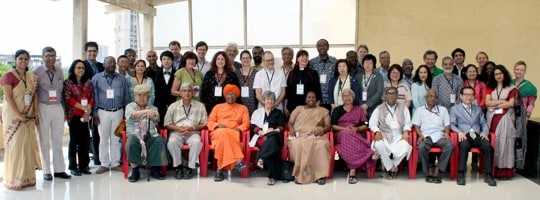
The commitment and assertiveness of our Laureates – the recipients of the Right Livelihood Award – surprises me again and again. It is overwhelming to experience their confidence and power. At the Regional Conference of Asia-Pacific Laureates, held at the Tata Institute of Social Sciences in Mumbai, I had the opportunity to hear of their work and discuss urgent challenges of our time. The conference saw a blossoming of fruitful discussions and sharing of ideas throughout the week – both inside and outside formal sessions. Laureates initiated and signed petitions related to addressing pressing challenges in their work.
At the conference, Huang Ming from China presented his portable solar stove, and Shrikrishna Upadhyay from Nepal reported about the power that one million people can exert when they understand themselves as part of a community. In that way, they have the ability to change their living conditions for the better.
Just like several times in the past, it was the women who impressed me most. Sima Samar from Afghanistan, Medha Patkar and Ruth Manorama from India, supported by human rights activist Basil Fernando from Hong Kong/Sri Lanka, analyzed convincingly at the pubic panel discussion how important the education and the health care of women is for the further development of a society.
Madha Patkar fights for female migrant workers, who do not even have the opportunity to go to school, because they don’t have permanent residence. And members of the Dalit caste (the former “untouchable” caste in India, which has been abolished by law) are still being thrown out of shops (I have seen it with my own eyes) and have few possibilities to receive training or education necessary for a good job.
Ruth Manorama is a charismatic fighter. She already has achieved a lot for the poorest of the poor. But not everybody in society is conscious of the need to not leave the poor behind.
Sima Samar is an impressive person, too. Since she found no hospital, no school and no university, which had answers to women’s needs, she simply founded her own training institutions and hospitals – adequate for women also. When I listened to the intensive debate among those strong personalities, I thought about the things women fight for in Germany, which are – compared to the issues of women in other parts of the world – very small problems. The public panel discussion on “Creating an Enabling Environment for Civil Society in the Asia-Pacific” saw an intense debate on which issues and strategy civil society in the region should adopt and focus on.
The week of the Asian Regional Conference was exhausting, but instructive. It showed that everywhere in the world there are people who fight for the good – and make progress. It ended with the first conference of the seven existing universities hosting Right Livelihood Colleges (Mumbai in India, Addis Ababa in Ethiopia, Port Harcourt in Nigeria, Valdivia in Chile, Lund in Sweden Bonn in Germany and Santa Cruz in the USA). All campuses try to pass on the spirit of innovation and opportunities. This is meant in a human, not only in a technical way, as our host, Prof. Dr. Swati Banerjee of the Tata Institute of Social Sciences, emphasised.
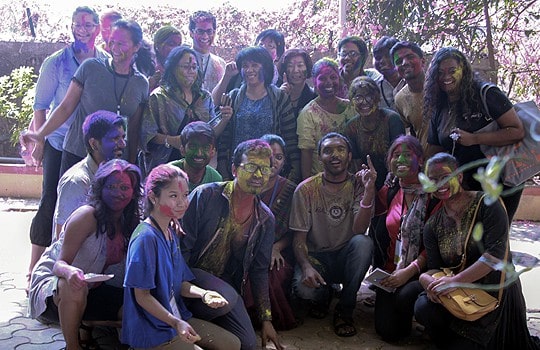
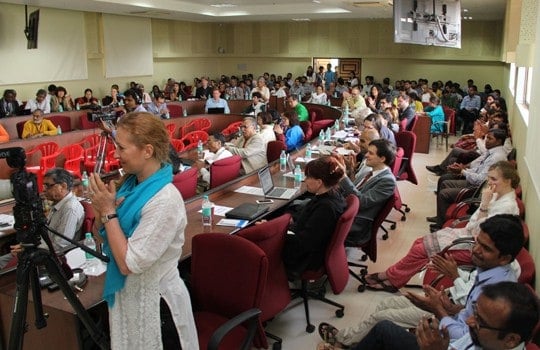
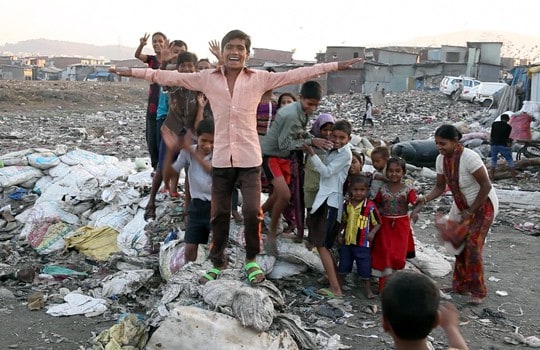
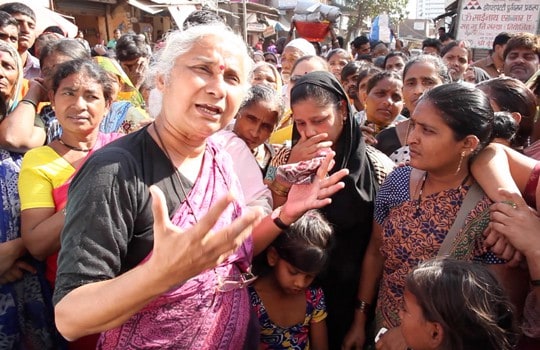
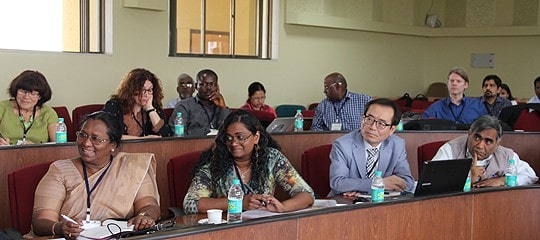
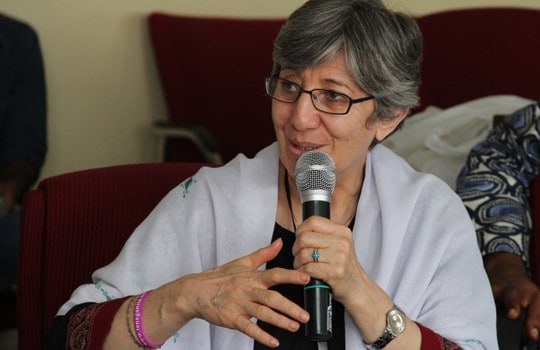
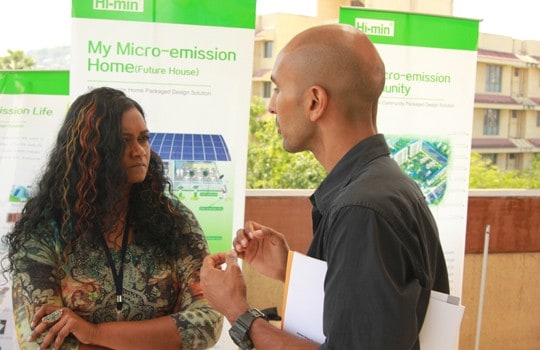
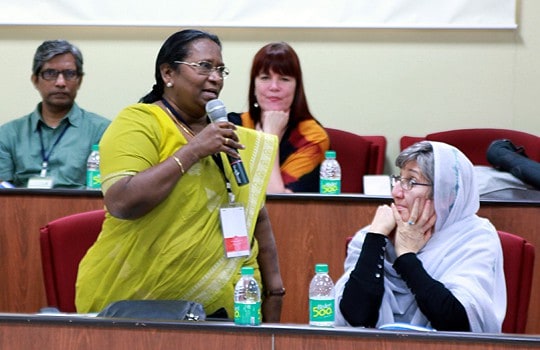
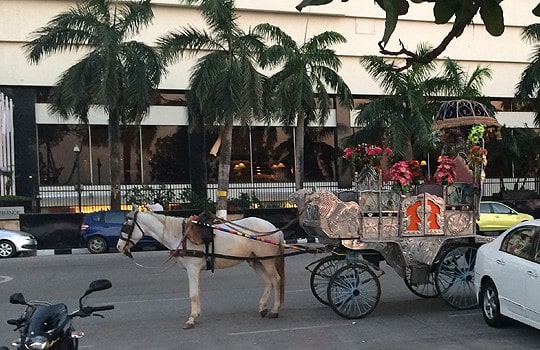
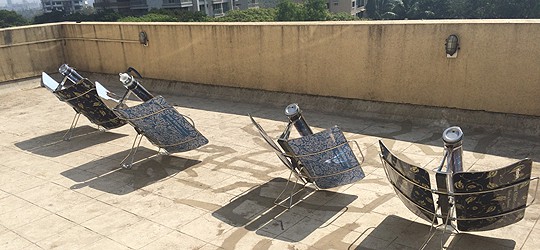
 Monika Griefahn GmbH
Monika Griefahn GmbH
Leave a Reply